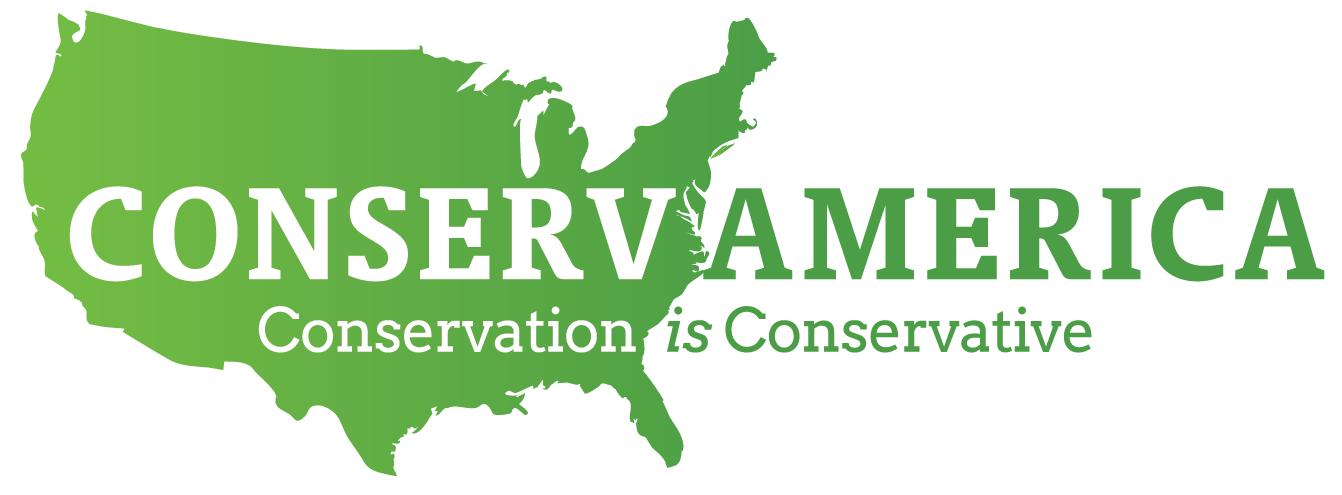Report: Clean Energy Transition Must Address Domestic Critical Minerals Challenges
Last year, President Joe Biden pledged that the U.S. would reduce greenhouse gas emissions by 50 percent in ten years. As evidenced by the current situation in Ukraine, this policy emphasizes the urgent need to increase the development of safe, reliable, affordable, and clean energy supplies domestically. With this in mind, ConservAmerica today released a new white paper, "Strengthening America’s Mineral Security: Net Import Dependence, Supply Chain Vulnerability, and the Case for Critical Minerals." This white paper examines U.S. federal policy and critical minerals supply, proposing a series of steps the government should take to reverse one of the nation's most persistent and pervasive national security and economic challenges.
"We appreciate the administration's recognition that federal policy is key to solving America's deepening dependence on foreign countries, particularly China, for minerals essential to our economy. China will not, and has not been playing the slow game. We cannot afford to either. Our vulnerability in this area is largely a problem of our own making," ConservAmerica President Jeff Kupfer said. "Taken together, the efforts of the Trump and Biden administrations to strengthen our nation's mineral supply chains have been helpful, but they are not sufficient to solve our problem. Acknowledging the problem is a good first step. But unless we develop domestic extraction and processing capacity, the trend lines will not change."
The transition to a clean energy future requires a secure supply of critical minerals. In the report, ConservAmerica proposes a three-part framework to address the critical minerals supply challenge:
Minerals for Clean Energy. Minerals are more cleanly and safely produced in America than in other countries. The government must develop policy that promotes critical minerals produced and processed under the highest environmental and safety standards. A successful clean energy transition depends on this process.
Resources for Resources. The government should fully fund minerals programs that have been authorized. Renewable-style tax credits for minerals and expedited permitting should also be considered.
Strengthening Supply Chains. The U.S. should accelerate its domestic mapping program, consider a new civilian stockpile for critical minerals, and continue building relationships with mineral-rich allies like Canada and Australia to diversify sources of supply.
"Unfortunately, the federal government's policies are working at cross-purposes. By reversing policies intended to streamline our antiquated permitting system and by abruptly halting previously approved critical minerals projects, the administration is interjecting additional layers of uncertainty into a process that already stands as a major deterrent to development," said Kupfer. “Clean energy is not clean when its components are outsourced to countries that lack enforceable and verifiable environmental and labor standards.”
The report's publication follows the Biden administration's February announcement to bolster the domestic critical minerals supply chain. That plan includes several private sector commitments to source more minerals domestically and official support from the U.S. Department of Defense and U.S. Department of Energy for the rare earths value chain.
The report is available here.


